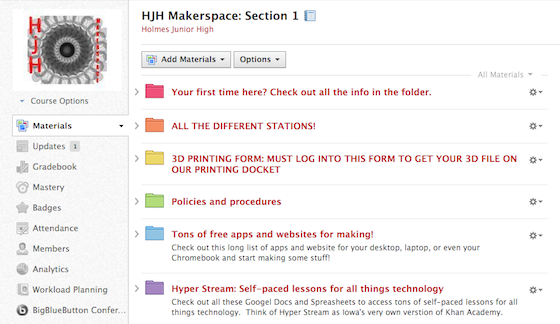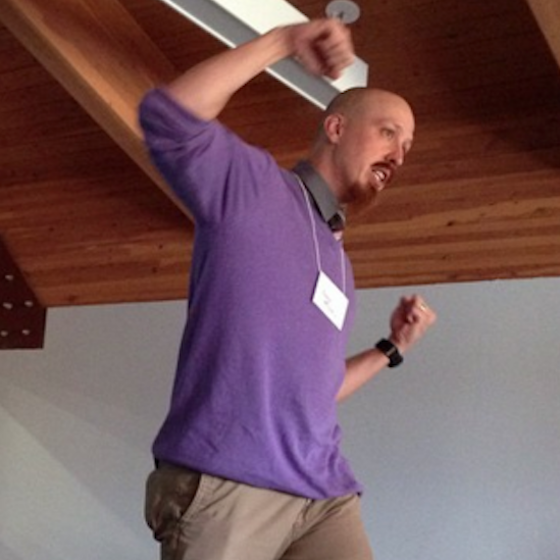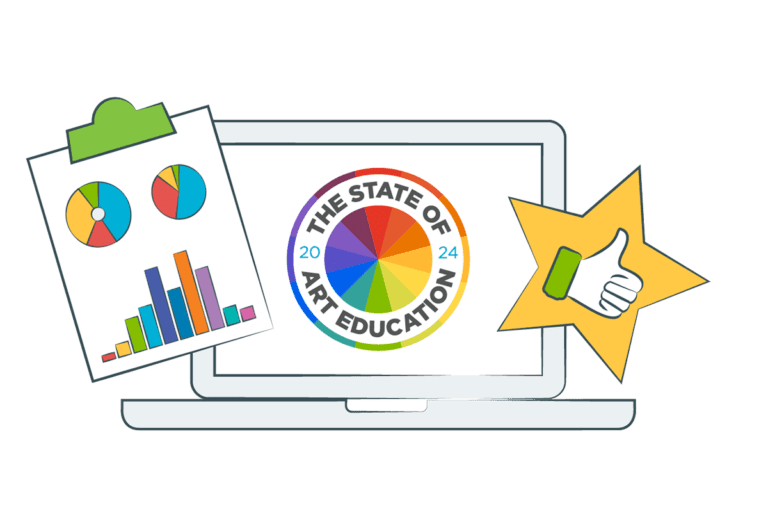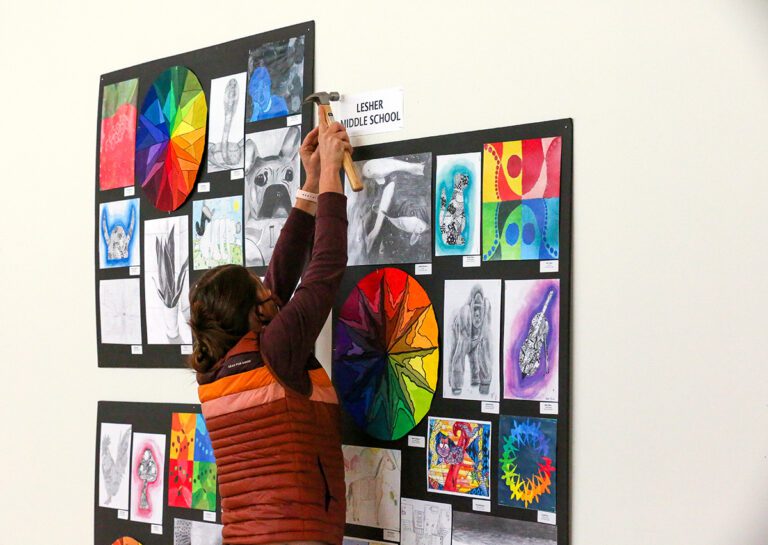Educational reform is a sticky subject. It seems that many teachers take a “this too shall pass” attitude towards every new initiative that comes their way. The phrase is an easy out. “Why bother with x, y, or z? Something new is just going to come and take its place anyway. No thanks. I’ll just stick with my slide presentations from 6 years ago.”
Don’t get me wrong, there are some really stubborn and really stupid educational reforms out there. I’m looking at you, standardized testing. However, one of the best things about teaching, for me, is that I know my skill sets and ideas are going to be challenged every few years.
If you’re a teacher wanting a predictable, 9-5 job, you made the wrong choice.
Let’s fantasize for a moment and say that high-stakes standardized testing is going to go by the wayside. You can see signs of its erosion in states standing up to sweeping Common Core legislation. You can see glimmers of its fading with pockets of parents opting their kids out. So, what might be next? No one knows, but as art teachers, we have to be poised and ready to assume leadership when things change.

If we want our schools to pay more than lip service to tropes such as “lifelong learners” and “21st Century Learning,” who better to lead the charge than us?
Take Project-Based Learning, for example. Administrators and officials are quickly figuring out that letting kids do things instead of sitting and memorizing leads to better results. Of course, we’ve known this all along. Who does PBL better than a bunch of art teachers? Nobody!
So, let’s talk about how we can become more than just great assets in our individual classrooms.
Let’s talk about how we can become leaders in real, grassroots educational reform.
1. Be active in your community.
Attend your local school board meetings. Speak up at public forums as a parent and as a teacher even when your opinion hasn’t been asked for. Get to know the elected officials that shape your district’s policies. Make sure everyone knows about the wonderful work you’re doing for the district.
2. Be the squeaky wheel.

When you get out into the community, let people know about the amazing things you’re doing. Other classes don’t need to persuade people that they should exist. We don’t have this luxury! Don’t be shy. It’s not braggadocios to share your students’ outstanding work. You’re doing a disservice to yourself and your students by keeping quiet due to a false sense of modesty. Make people see how indispensable you are in the lives of your students. Make people see the amazing learning taking place in your classroom.
3. Be a team player.
Every district has leadership teams. These might be focused on technology, curriculum, professional development, or other areas. These teams are not only for math and language arts teachers. Insist on being at the table!
4. Be the ultimate professional.
It’s much easier for administrators and fellow colleagues to see you as a leader when you are the ultimate professional. Don’t complain. Don’t whine. Don’t commiserate with negative teachers about how horrible Mondays are and how much you can’t wait for the weekend. Just because we teach teenagers doesn’t give us the license to act like them by snickering or not giving our all at professional development days. We shouldn’t feel like we’re gaining the favor of our peers by dismissing professional development. You are blessed to have an amazing job that can touch the lives of countless people. Be thankful. Be positive. Be the change you hope to see.
5. Be a leader and a follower.

Schools need leaders and followers. Be at the forefront of the initiatives your school is launching. Try things out. Beta test new tech. Try an experimental schedule. Launch new classes. However, also know when it’s important to give your weight and support to other leaders. A leader without followers is just a crazy person. Be willing to follow great initiatives.
Choosing even one thing from the list will help make your voice heard. Your voice is important. Your voice is needed!
How do you see your leadership capacity?
Does your district empower you to see yourself as a leader?
Magazine articles and podcasts are opinions of professional education contributors and do not necessarily represent the position of the Art of Education University (AOEU) or its academic offerings. Contributors use terms in the way they are most often talked about in the scope of their educational experiences.





